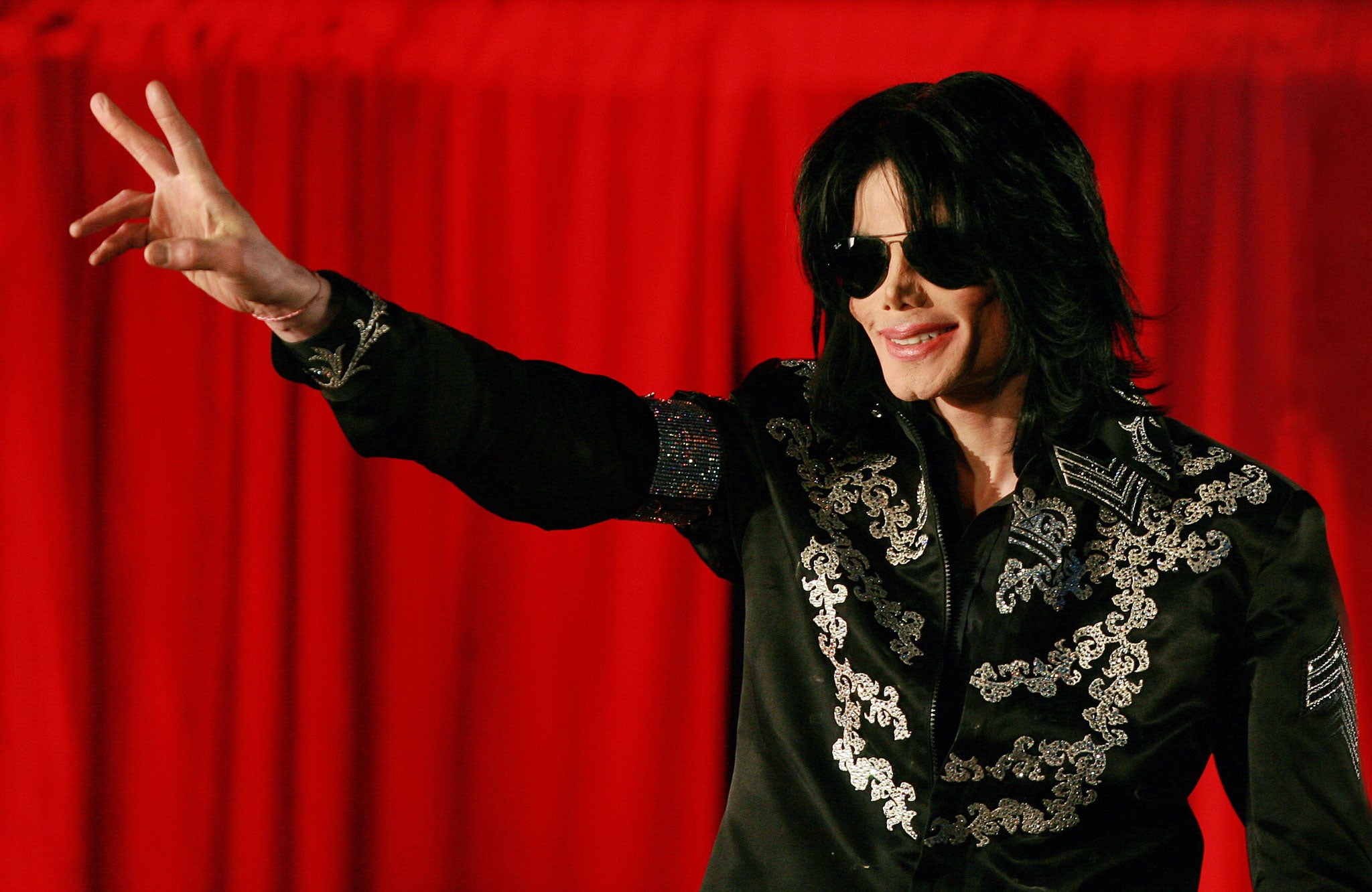The top ten: Words that used to mean the opposite

Balustrade and banister both come from the same root: balaustion, Greek for wild pomegranate flower, because of pillars that resemble its curving calyx tube. Sometimes words come so far from their origins that they end up meaning the opposite of when they started.
1. Respect As in "with respect". From Judy K.
2. Humbled The late Simon Hoggart noted its modern use in thank-you speeches. Thanks to Robert Hutton, who is humbled.
3. Nice Meant "stupid" in Middle English (from Latin for ignorant). Shifted through "coy, reserved", via "scrupulous" to "subtle" and now "sort of awright". From Neil Fitzgerald.
4. Silly Not quite opposite, but close. Used to mean "happy", then "innocent, feeble" and now "foolish". Martin Redfellow.
5. Awful Originally, inspiring awe. Nominated by Man Without Beard.
6. Egregious Means outstandingly bad and used to mean outstandingly good. From Latin, "standing out from the flock". Nominated by Lloyd Bracey.
7. Wicked
8. Fulsome Still means cloying, insincere, for many of us but often now used as a strong form of "full", especially of praise. Thanks to Daniel Forman.
9. Bad With thanks, or otherwise, to Michael Jackson.
10. Presently "Used to mean right this minute and now means later because of the human tendency to put things off." From Della Mirandola.
Next week: Tautologous abbreviations (PIN number, ATM machine)
Coming soon: Mixed metaphors. Send your suggestions, and ideas for future Top 10s, to top10@independent.co.uk
Subscribe to Independent Premium to bookmark this article
Want to bookmark your favourite articles and stories to read or reference later? Start your Independent Premium subscription today.

Join our commenting forum
Join thought-provoking conversations, follow other Independent readers and see their replies
Comments